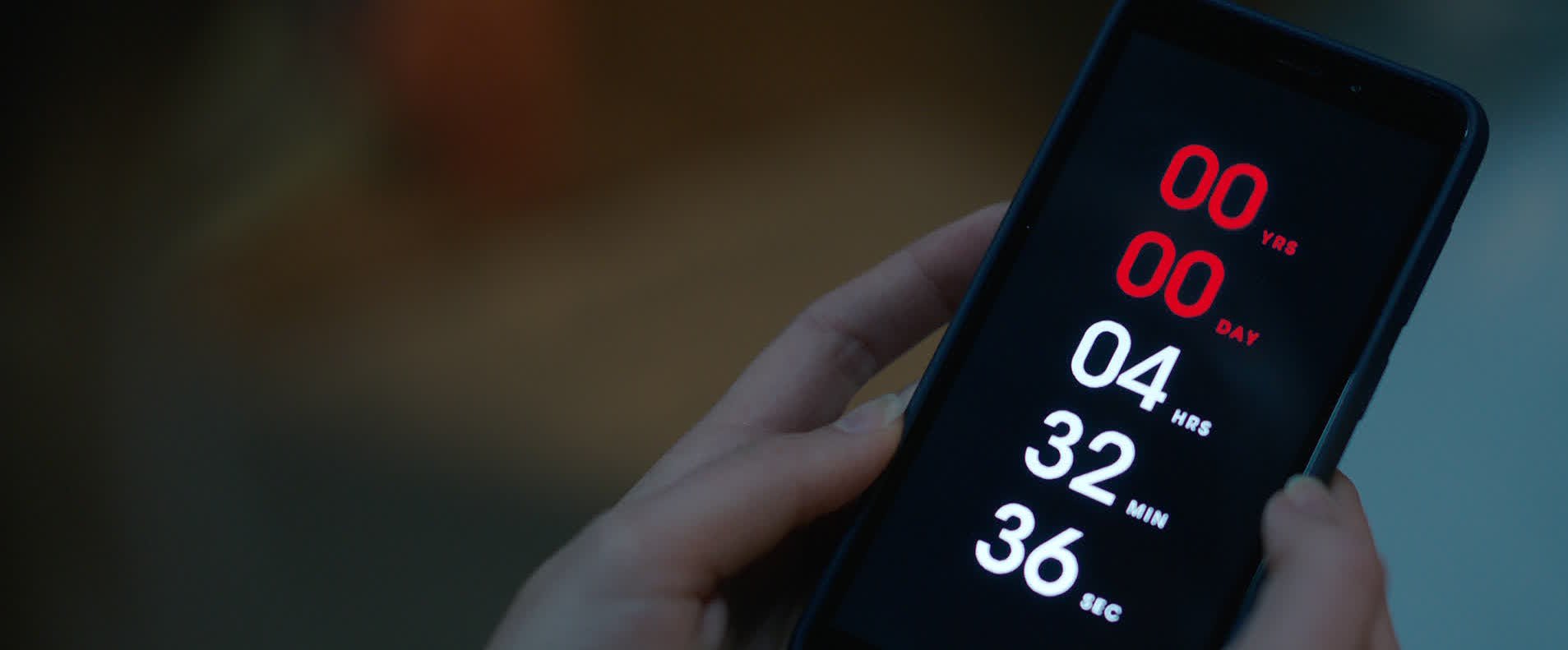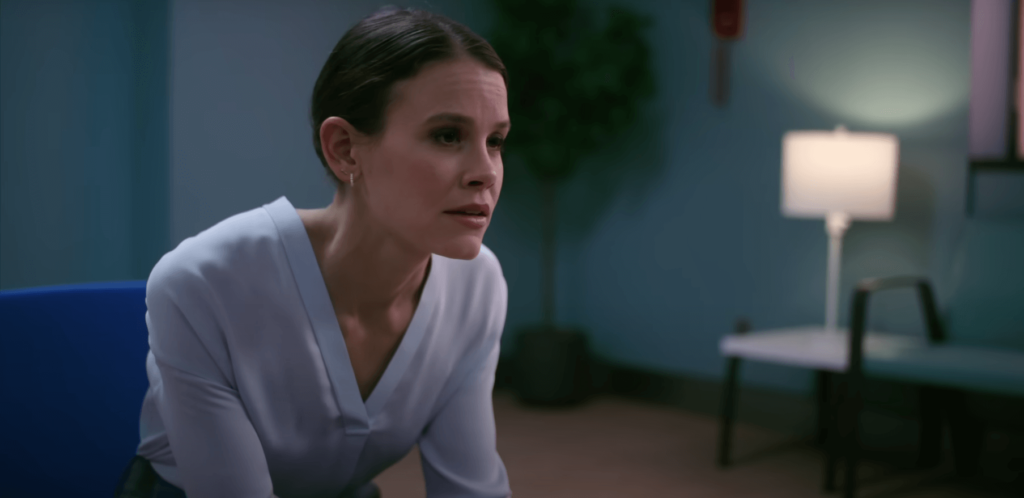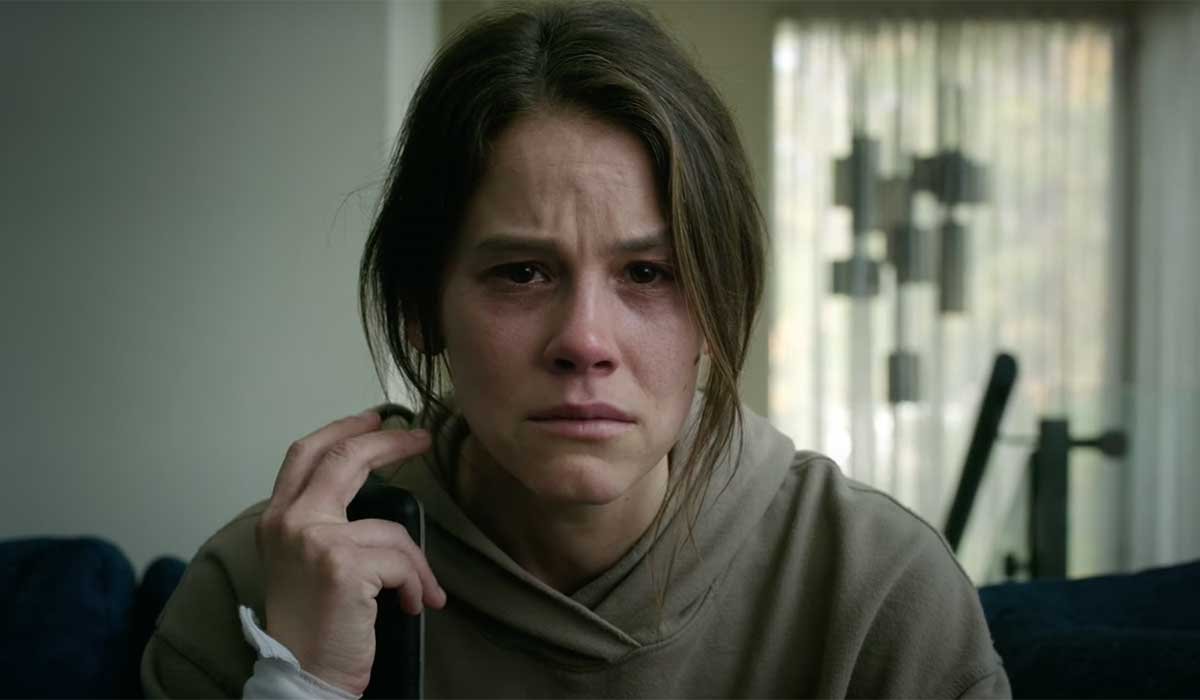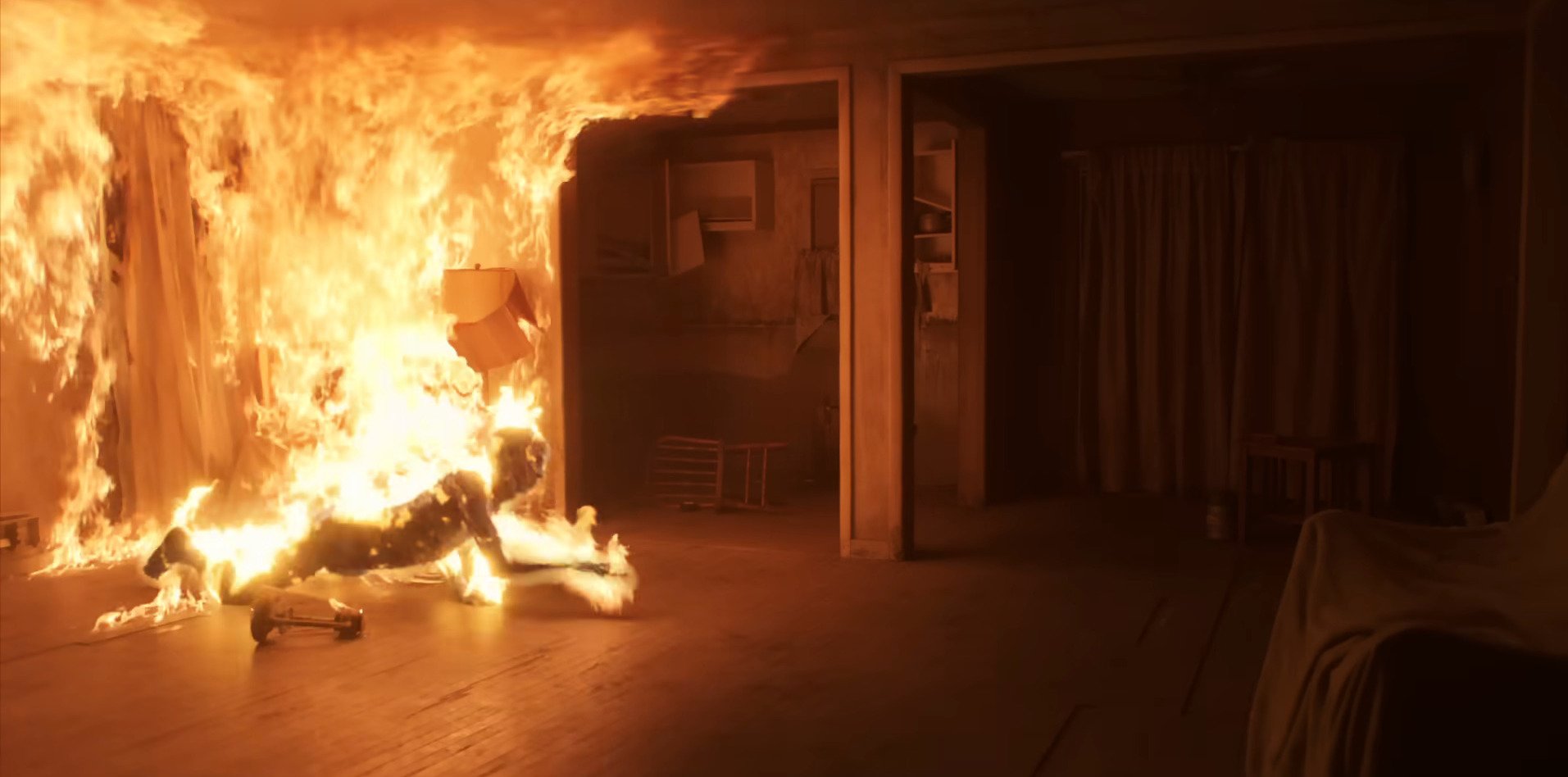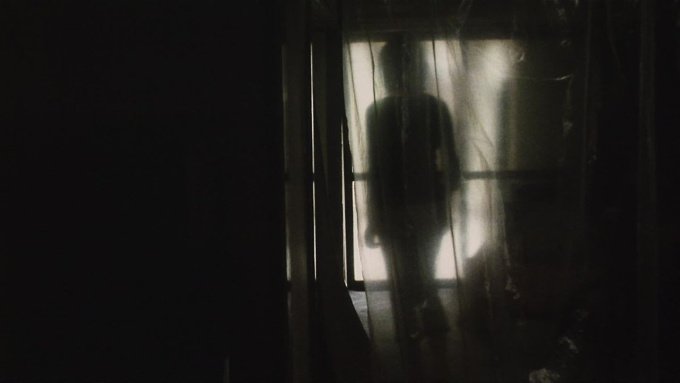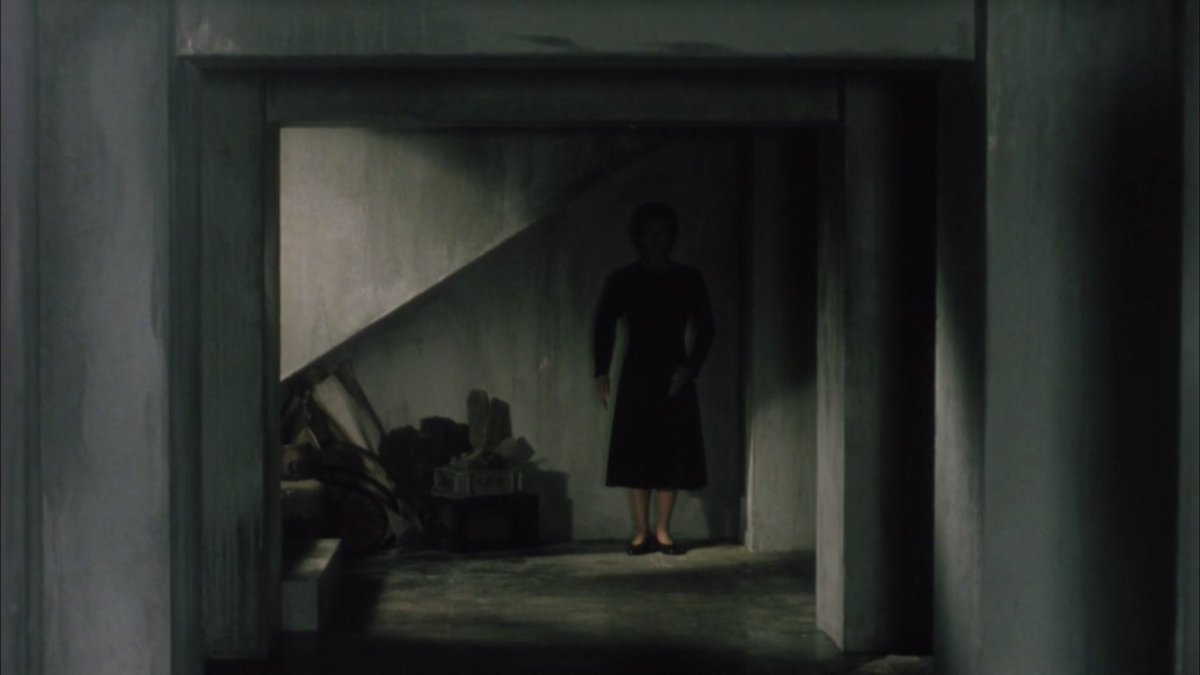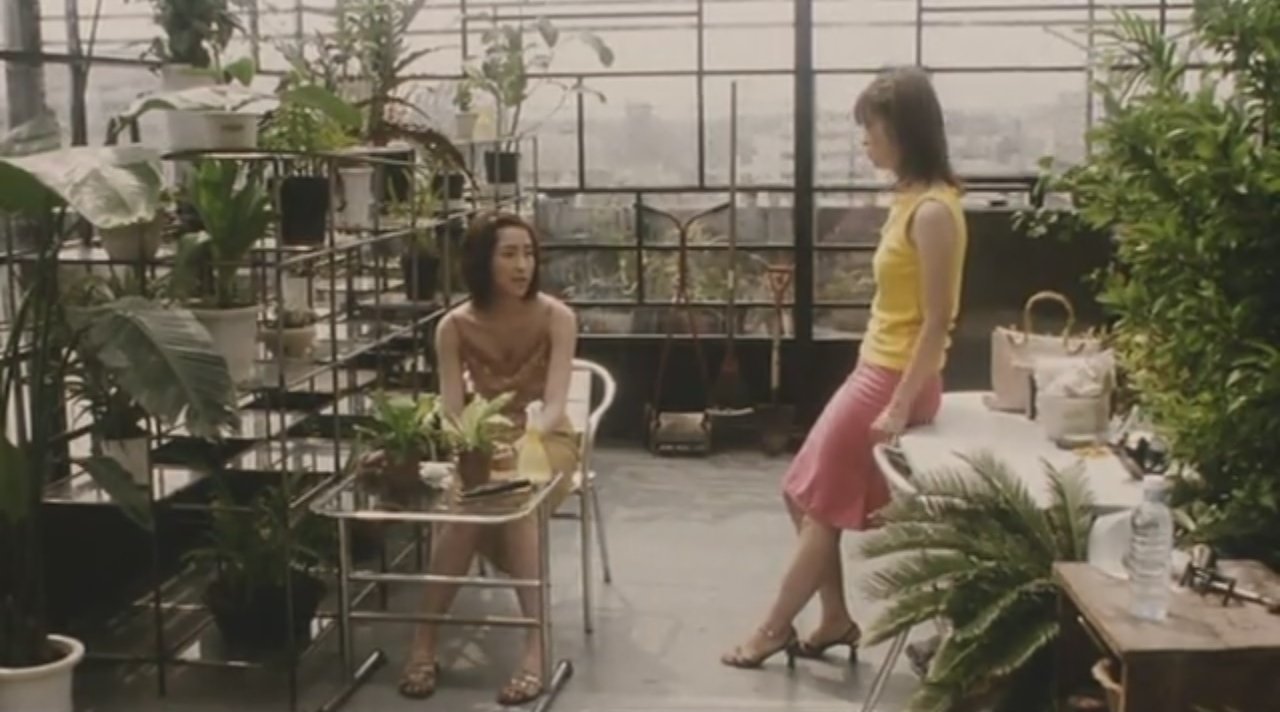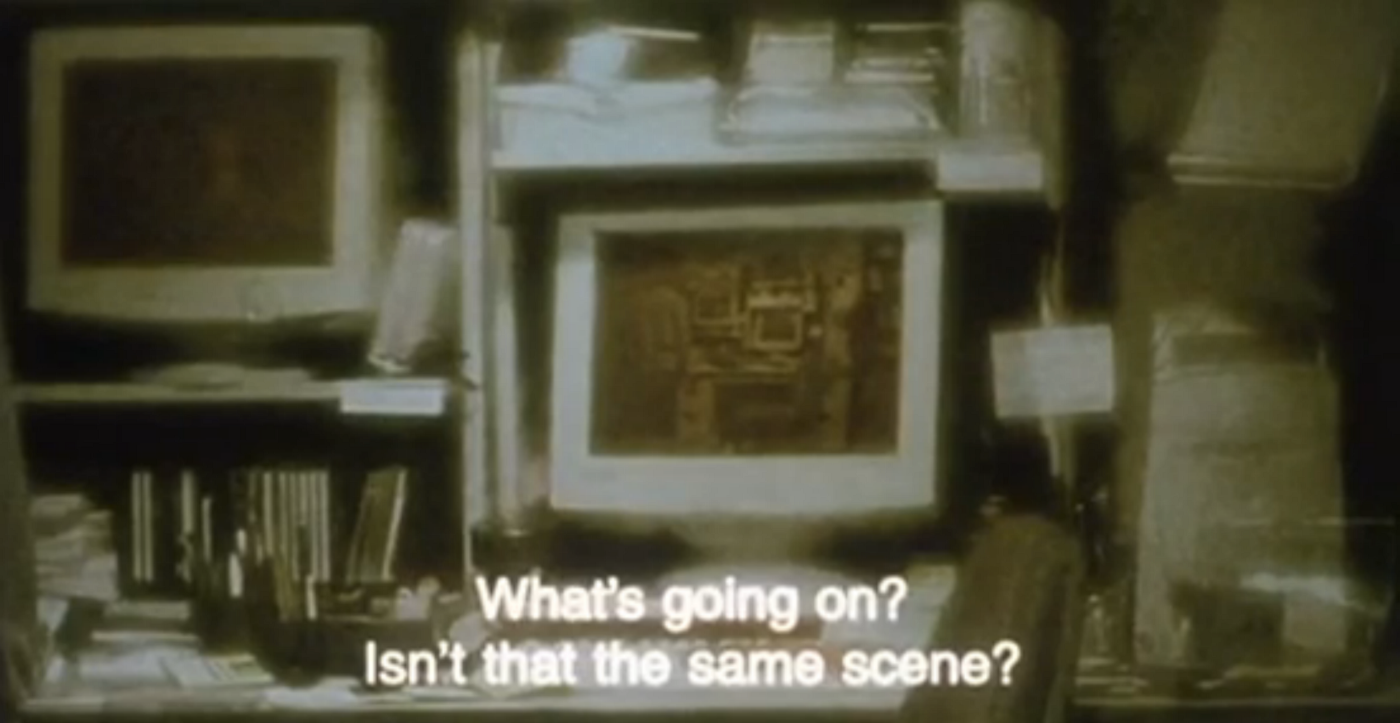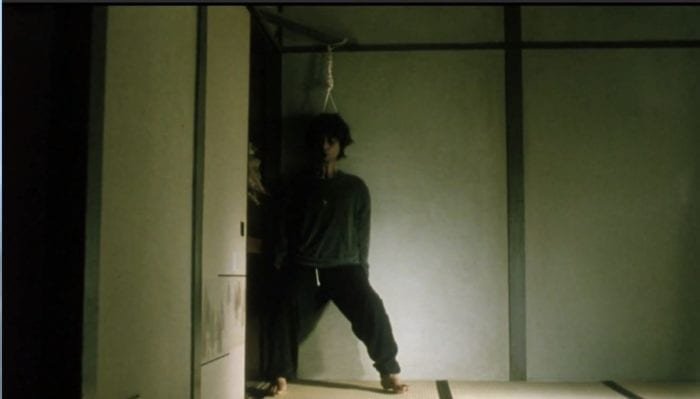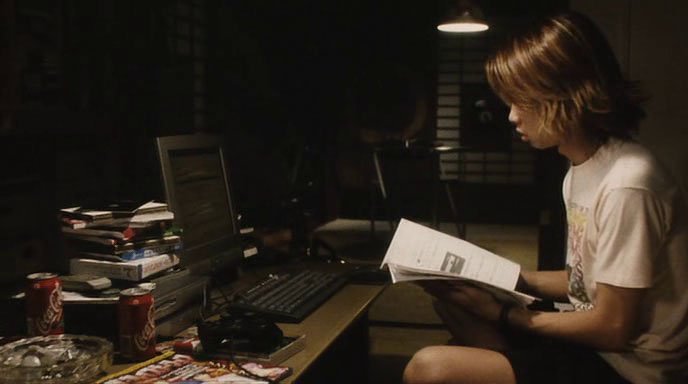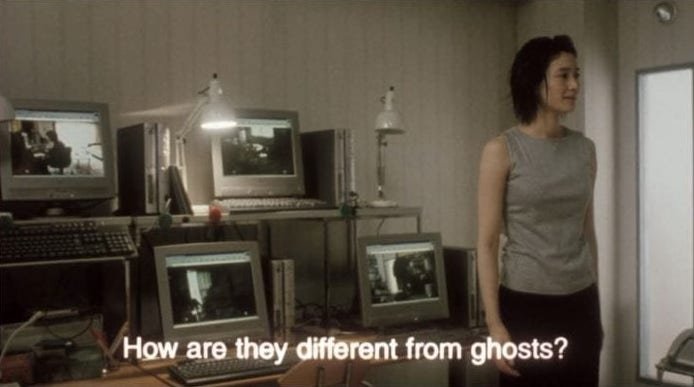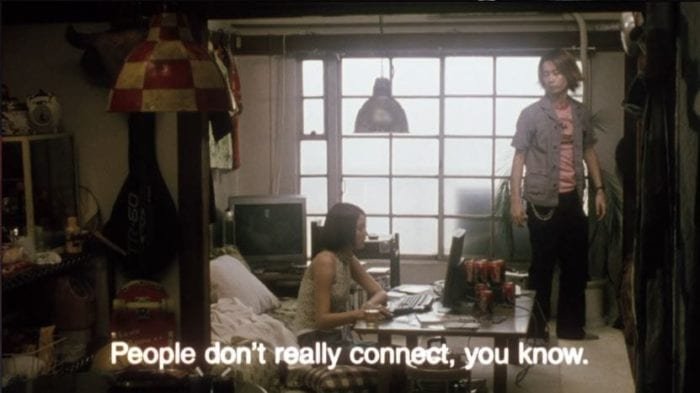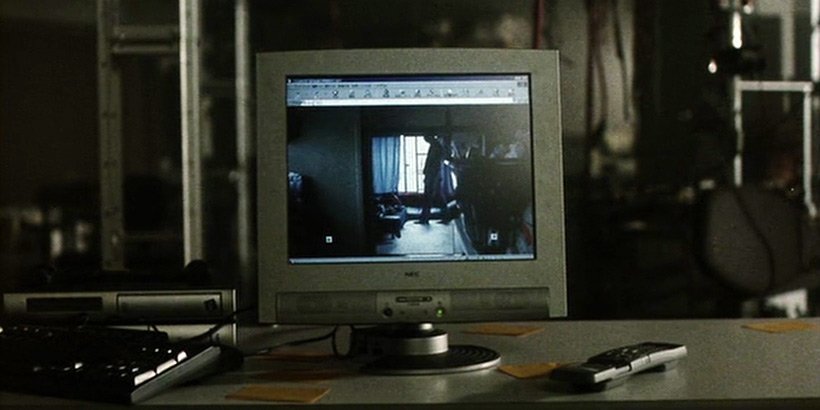Please, Lord, forgive me for I have sinned in the past and now regret it and humbly come to you to confess my wrongdoing: When Countdown (2019) was released in theaters I thought I was too good for it and chose not to go see it with my friends. I am a horrible person and deeply regret this sin of mine, pride got the best of me once again. Please, forgive me.
Although I am clearly joking about regretting my not watching Countdown when it first came out, I do sincerely feel remorseful for thinking that this horror film, this seemingly silly movie with the goofy killer app storyline and the cringey tagline of ‘DEATH? THERE’S AN APP FOR THAT’ was below me, well, I… (*looks around*)… um, the thing is… (*takes a deep breath*)… yes, I admit it, I was a judgmental asshole for underestimating the whole thing and yes I was the worse and yes I failed you, you, my real life friends who went to the movies without me, please, do accept my apologies and allow me to try to make amends for my shortcomings, even if it is three years too late.
For this reason, and this reason only, we are all gathered here today on this cold and solemn Sunday morning, under this one roof, and the easiest way I know how to go about doing this… (*laughs and changes to usual blogging voice*)… is by listing my top five Yes to YAZ! favorite moments for Countdown! So let’s do this, my internet horror friends, and if I forgot to say it at the beginning, Hello, Hi, Hi, hope you are doing amazing on this blessed day (and thank you for playing along, u da best! ;)
#05. THE APP: I see it now, the storyline was not silly—the tagline yes, still believe it was cringey—and, on the contrary, it was a refreshing take on the very real subject of death and dying. If you dowloaded the app called Countdown, accepted the User Agreement and added your personal info, it would then tell you how many years/days/hours/minutes/seconds you had before dying. The app was not designed to kill you, it was designed to tell you when you were going to die, however, if you broke the user agreement by willingly avoiding a situation which would more likely cause your death when you knew your time of death was fast approaching (getting out of a car operated by a drunk driver, opting out of surgery at the hospital, etc.), then, and only then, would Death come and personally collect you.
#04. DEATH: The horned Grim Reaper was a badass, his appearance was plain and classic yet his built was massive and impressive. (Girl, it was a look! Ew, wait a sec, did I find Death attractive?! WTactualF!!) I also liked how he was there to make sure you died according to plan, and by that I mean to your own unique “life plan” or “destiny” or whatever you want to call it. Again, Death and the app were not choosing your time of death or sentencing you to die, they were simply sharing with you the invaluable knowledge of the exact time it was going to happen to you and if you broke the “natural” course of things, the app would alert you with a sleek phone notification and Death would finish the job, simple as that.
#03. DR. SULLIVAN: Yep… (*blushes*)… that’s it.
#02. COMIC RELIEF CHARACTERS: The smartphone technician, Derek, and the priest, Father John, were hilarious, and even though this was not a horror comedy their jokes and dopey behavior worked extremely well and did not feel forced or awkward to the story. Sure, Tom Segura played the tech guy so that by default made his character the best thing ever but come on, a renown comic playing a sharp and witty tech guy while being a smart-ass in a horror movie? Dude, seriously, can I get an Amen in here? — AMEN!
#01. THE MAIN CHARACTER: Quinn Harris was our main girl and thru her we got to experience a plethora of emotions, all the ups and downs from her personal, professional, and family life, plus the damn app, of course. She was an RN which came in handy as she used her medical knowledge to trick Death and, well, I am not going to totally spoil the ending for you but let’s just say she was a worthy adversary who had zero time for nonsense!
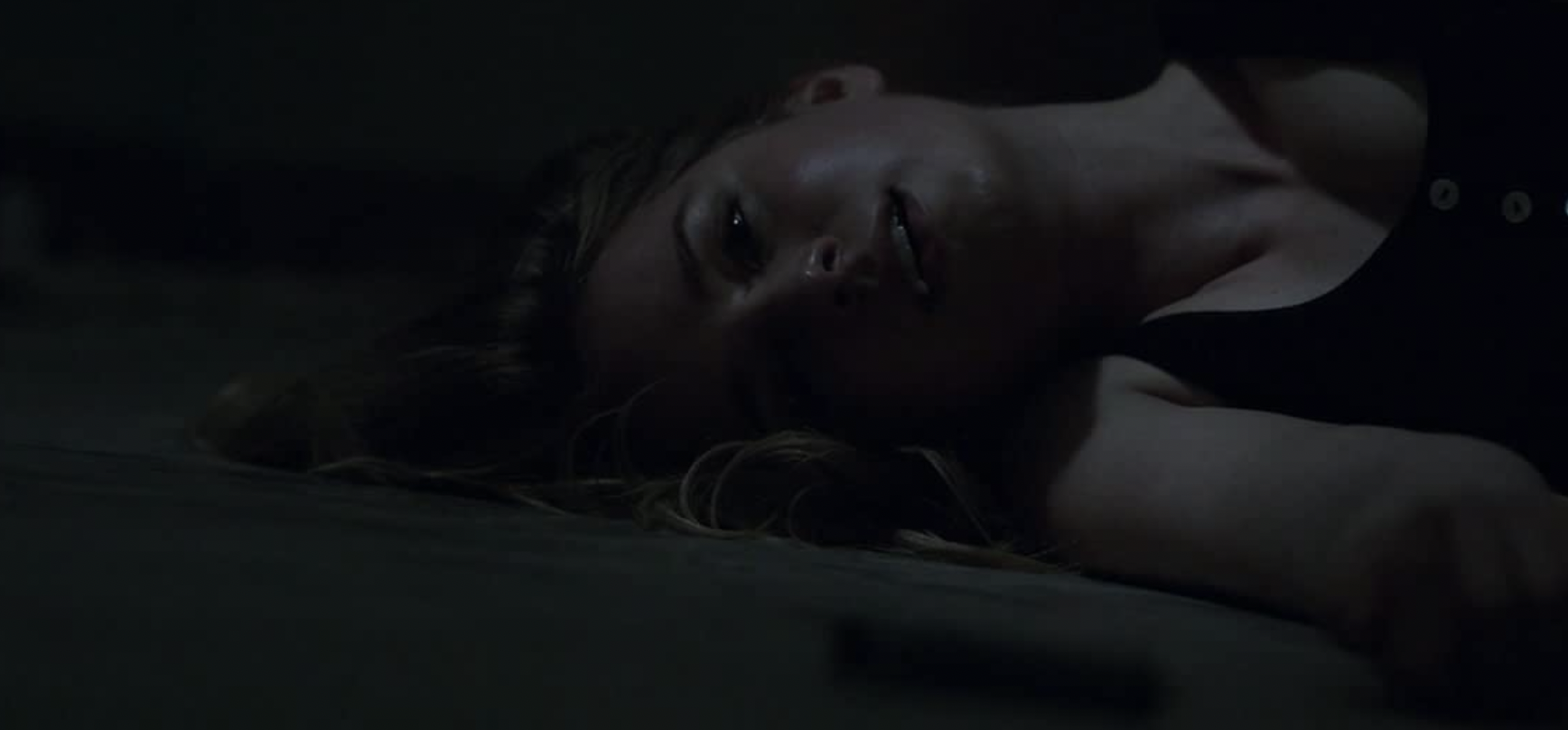
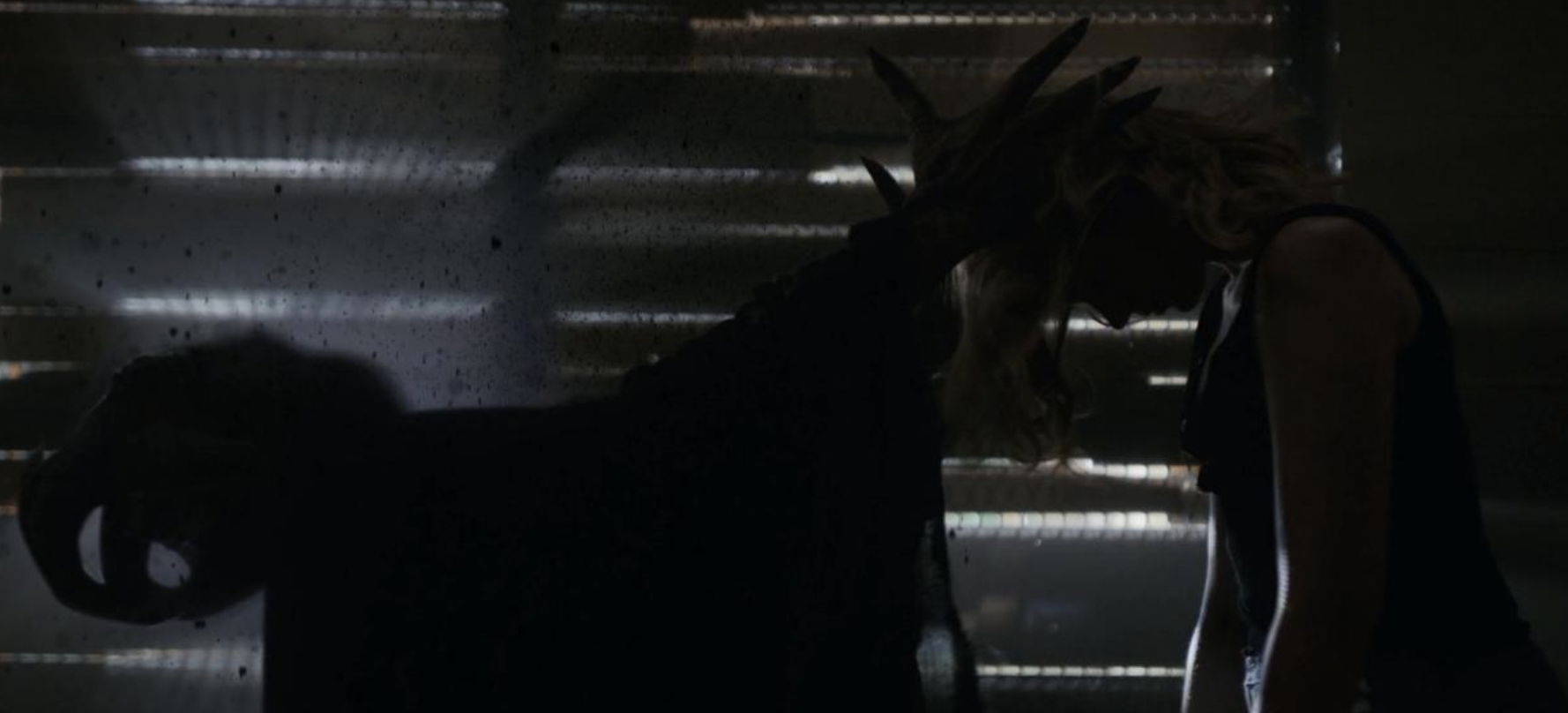
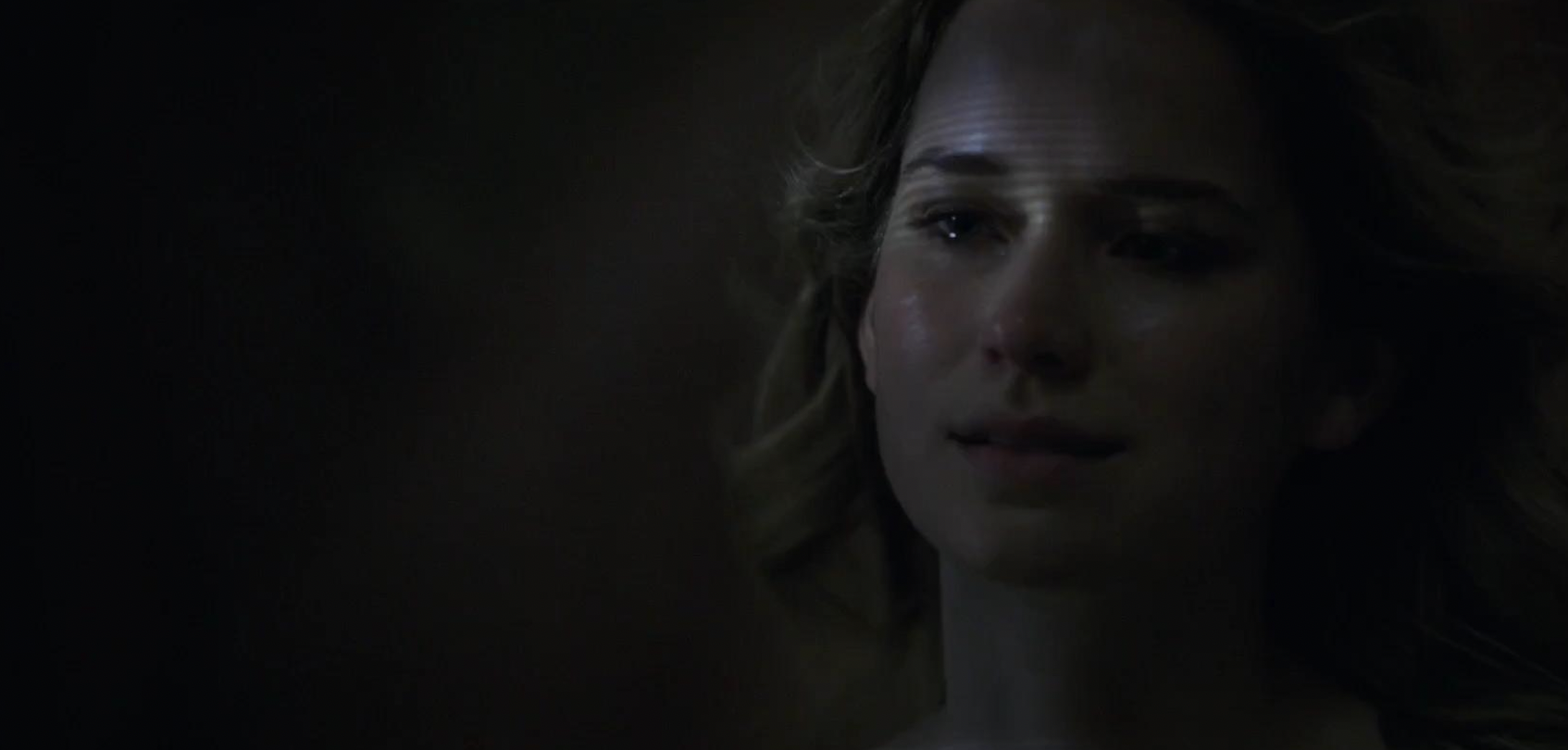
What did I learn from Countdown, that is, other than being a judgmental asshole is embarrassing? I would have to say, without any question or doubt, that if given the option I would NOT want to know when I, Marath, will cease to exist from this earthly kingdom of God. Fuck that shit.
In Love and Fear,
—Marath
© 2016-2022
